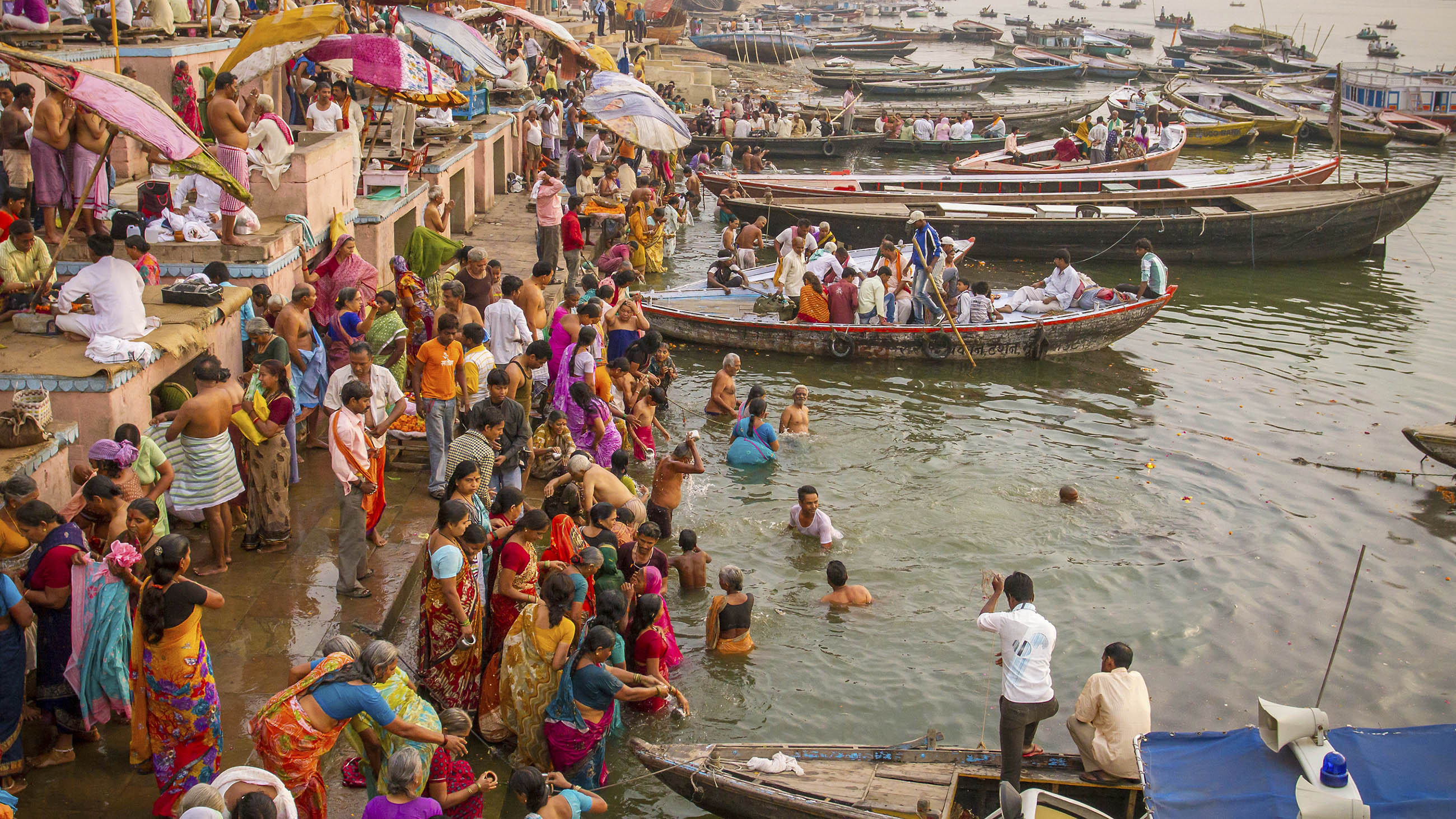Abstracts: Ganges, Cyber Attacks, Rats in Cities, and More
• For 30 years, Indian leaders have been trying to clean up the Ganges, considered to be one of the most polluted rivers in the world. After his election in 2014, Prime Minister Narendra Modi vowed to give it another shot, but religious, political and cultural roadblocks abound. (The New Yorker)

• Following the leak of 20,000 DNC emails, President Obama has released guidelines on how the nation should respond to cyber attacks, and when a hack should constitute an act of war. (Motherboard)
• Rats are well-evolved to thrive in cities. While they’re often seen as pests, research suggests that trying to get rid of them may come with unexpected costs. (Nautilus)
• The European Space Agency is cutting communication to its comet lander, Philae. Before the robot goes dark, people around the world are using social media to say goodbyes and thanks. (BBC)
• A professor at Stanford Law says the future of conceiving a child will involve choosing from a selection of embryos based on desired traits. Such a process could have many benefits, but brings up ethical questions as well. (Mother Jones)
• According to a new study, poor physical fitness is second only to smoking as an indicator of early death. (New York Times)
• Bacteria found in nasal passages could help fight MRSA and usher in a new age of microbiome-based drugs. (STAT)
• And finally, when bioengineers want to create stand-ins for human tissue, they often look to other animals. But the key to growing some new organs may actually lie in the world of plants. (The Atlantic)










